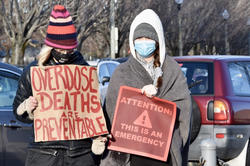RISD’s Center for Complexity uses the studio process of inquiry, iteration and innovation to envision novel solutions to the nationwide problem.
Symposium Explores Collapse
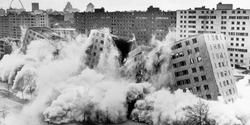
With climate change wreaking havoc in coastal communities around the world, war raging in the Ukraine and political violence disrupting systems of government here in the US, the notion of collapse has become central to our collective consciousness. But can collapse be seen as a positive force with the power to instigate change and shape our approaches to collective problem solving?
That question tied together the remarkable range of talks, workshops and film screenings presented in a late-September symposium organized by RISD’s Center for Complexity (CfC). From lectures to panel discussions to an exhibition of original works by RISD faculty and staff, the event brought together scholars, designers and artists with a common purpose: to identify the insights, mindsets and practices needed to move beyond collapse toward a sustainable, equitable and just future.
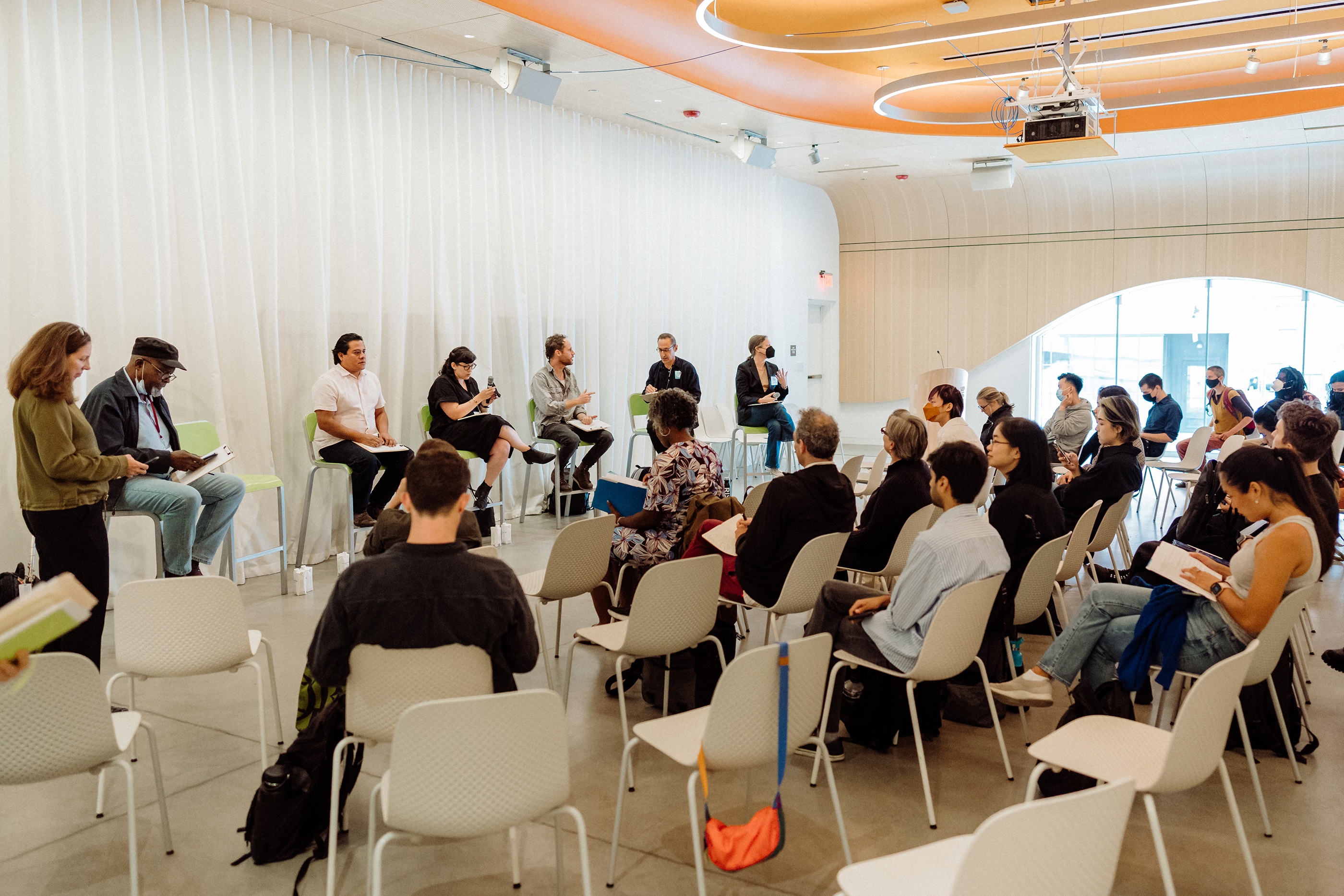
“The symposium, our fourth since 2018, provided a space for collective inquiry and discovery, entwining diverse areas of expertise, experience and ways of knowing,” says CfC Executive Director Justin W. Cook. “While we may be living at a moment in human and planetary history in which many systems are in a precarious state, we hope to improve our understanding of collapse as a natural and anthropic force, as a mindset that can actually be empowering rather than paralyzing.”
“The symposium... provided a space for collective inquiry and discovery, entwining diverse areas of expertise, experience and ways of knowing.”
Celebrated NYC chef Michael Lomonaco kicked off the symposium with a talk about his life-changing 9/11 experience while working at Windows on the World atop the north tower of the World Trade Center. Seventy-nine Windows employees were killed on that terrible morning along with 100 diners. Lomonaco happened to be on the building’s ground floor when the first plane struck and was safely evacuated.
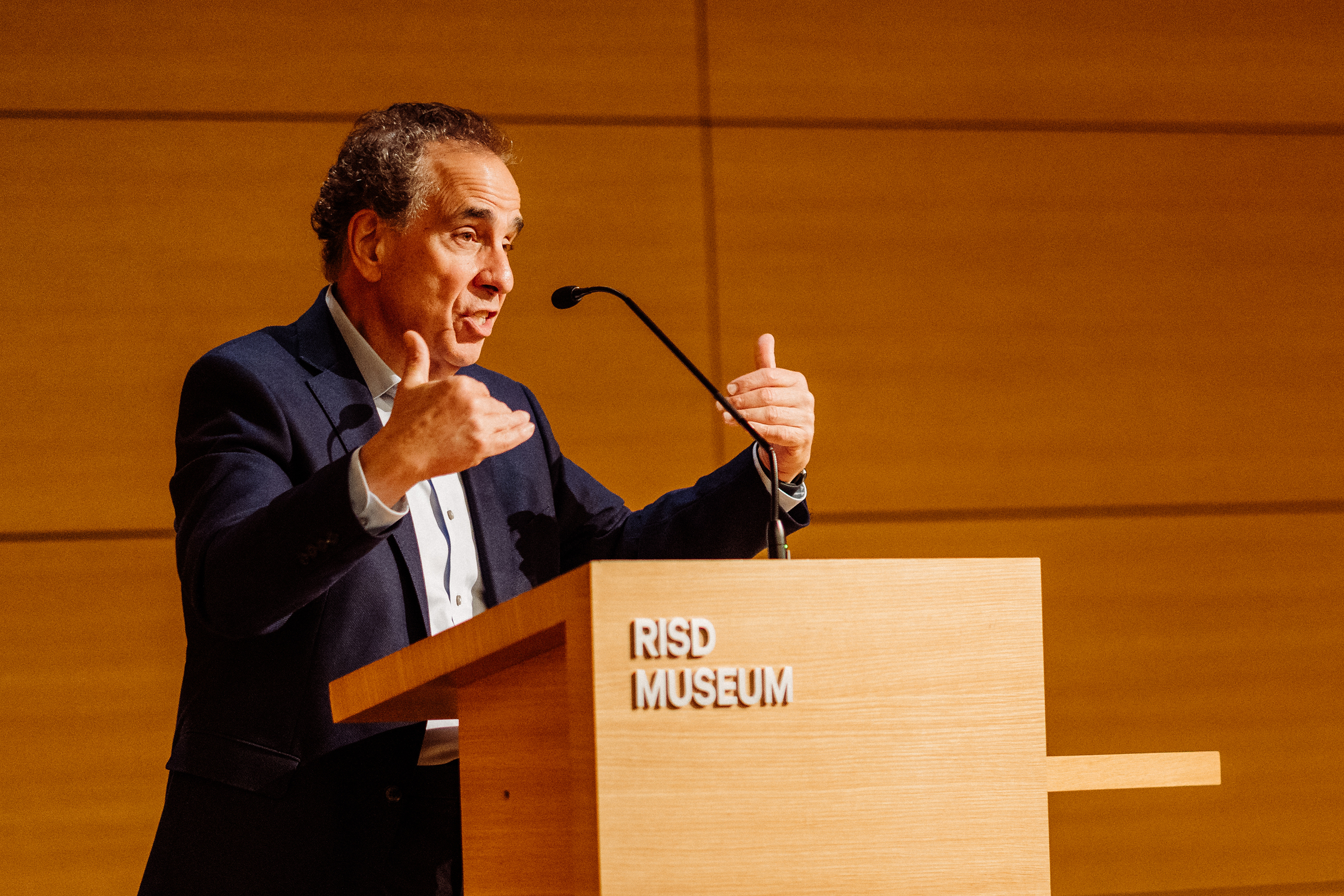
“I never gave up the hope that New York would rebuild,” he said during his keynote address. “Good things can grow from collapse.” Lomonaco helped to organize a $22 million fund that provided emergency aid, health insurance and educational support for the families of the victims. And today, as chef partner at Porter House Bar and Grill in midtown Manhattan, he is once again responding to disaster, working with other restaurateurs to rebuild the restaurant business in the wake of COVID.
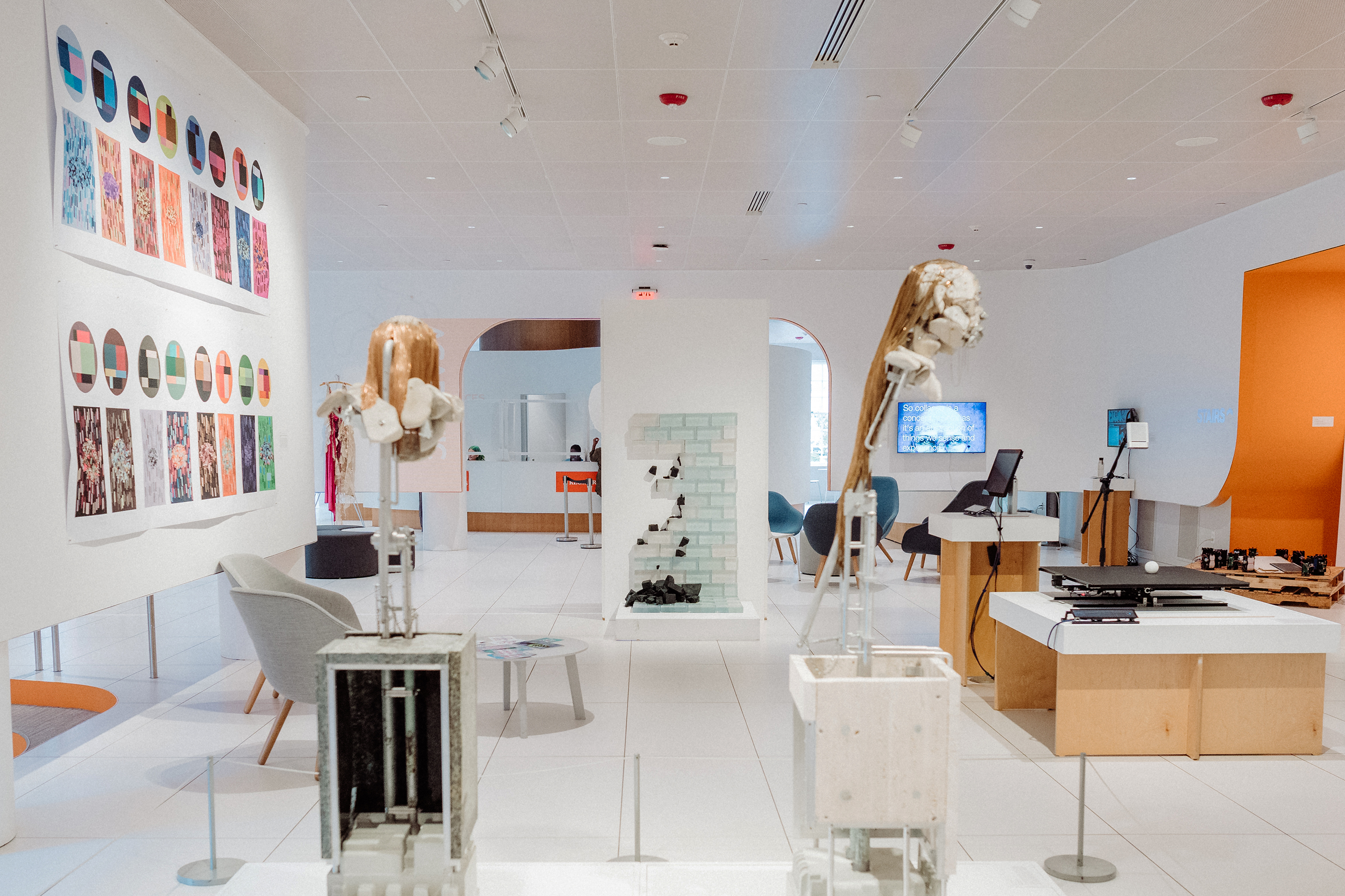
Lomonaco’s talk was followed by a flurry of inspiring events, including a discussion led by longtime activist Bill Di Paola about approaches to community change making; a conversation about perspective and taking action led by designer Judah Armani; a talk focused on adaptable textiles headed up by designers Felicita Devlin 21 TX and Elizabeth Meiklejohn 14 AP/MFA 22 TX; a panel discussion focused on the very real and tragic consequences of collapse in the field of architecture led by Assistant Professor Jess Myers; film screenings and related talks focused on climate change and other forms of collapse; and a thought-provoking talk by visiting scholar and author Jack Halberstam.
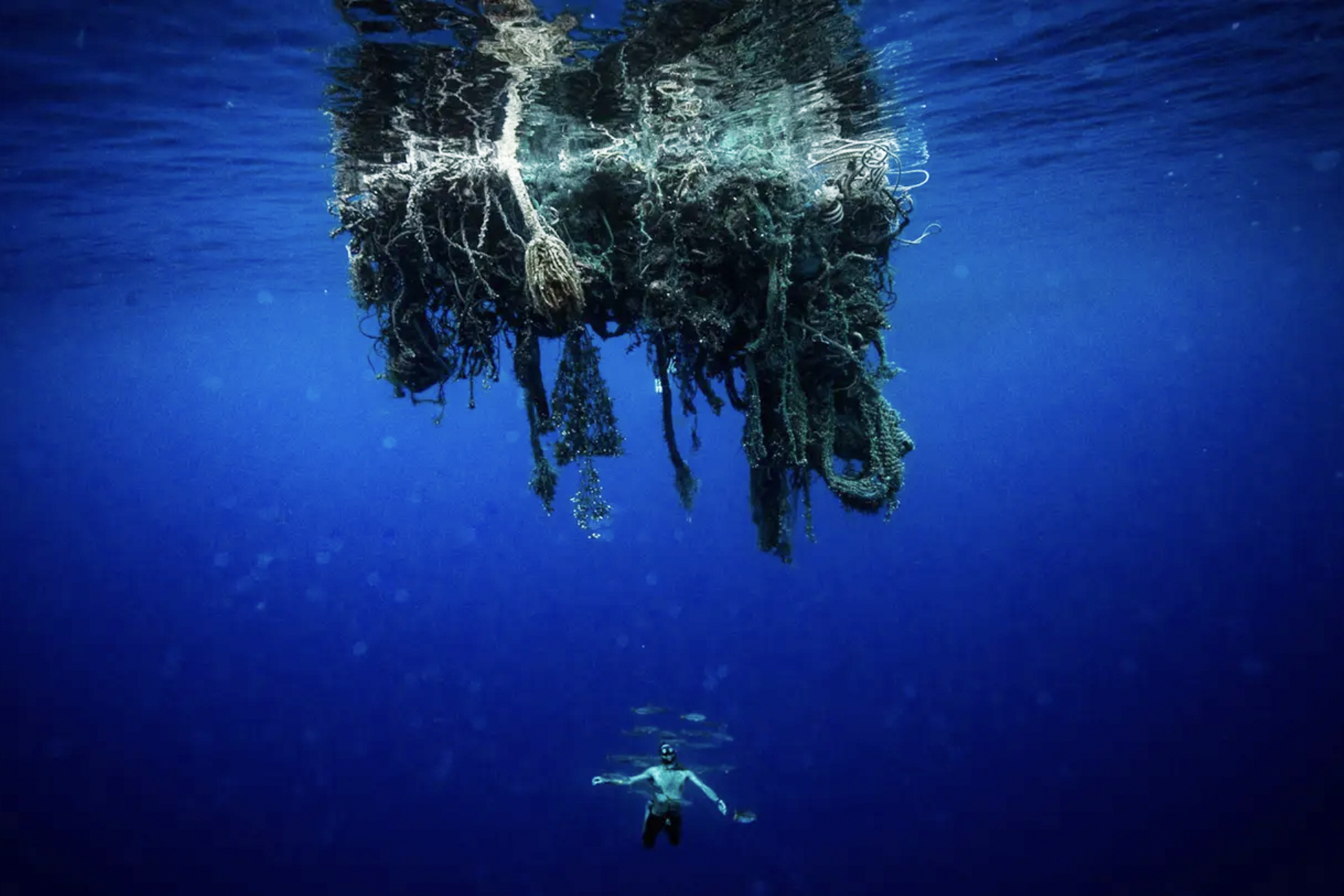
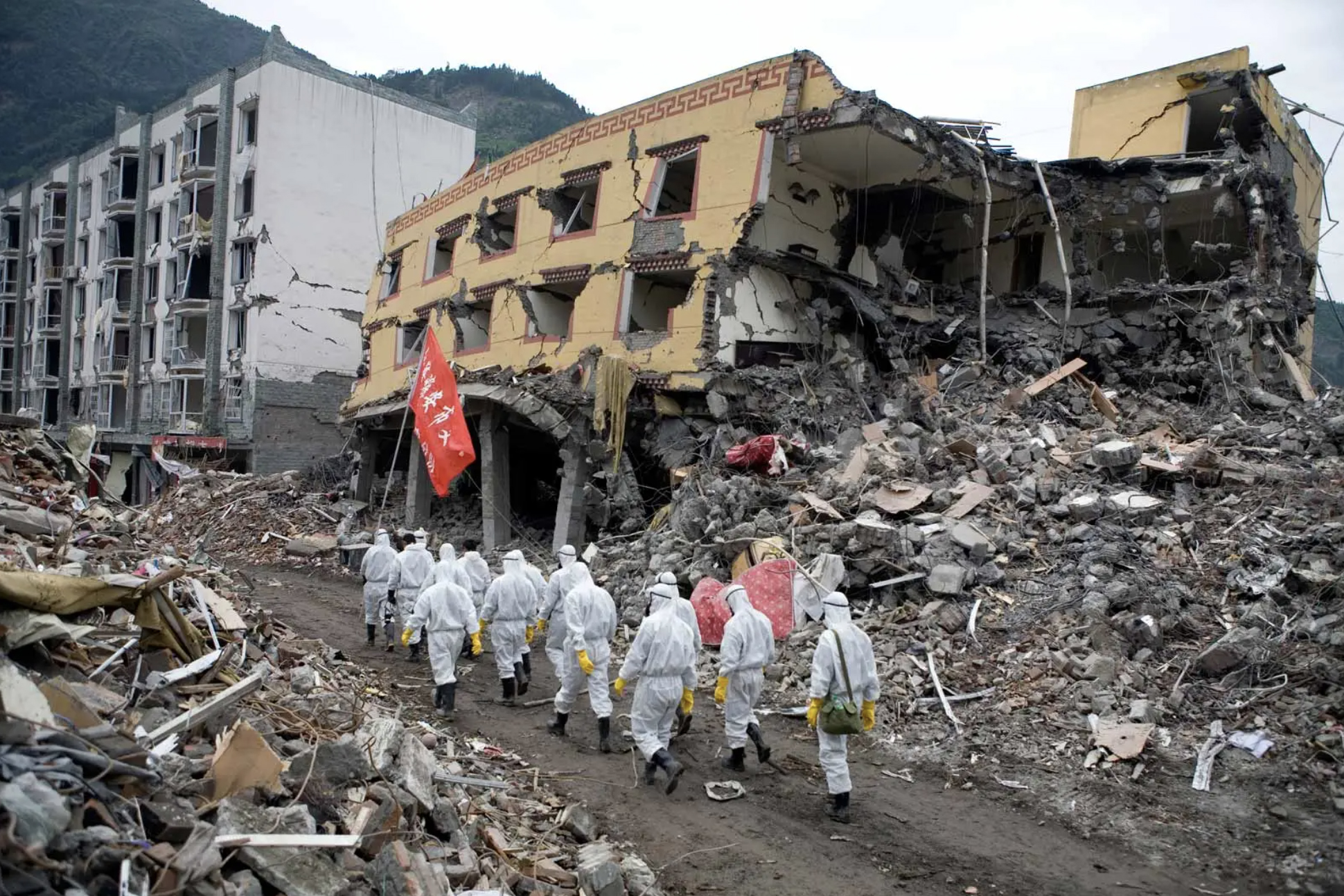
Halberstam looked back at the collapse of inner-city US neighborhoods in the 1970s and the remarkable creative responses from such artists as photographer Alvin Baltrop and Godfrey Reggio, the director behind the demolition porn masterpiece Koyaanisqatsi: Life Out of Balance. “As cities were collapsing, many gay artists stepped into those spaces… and merged the sexual with collapsing structures,” Halberstam said. He described the demolition of failed high-profile housing projects as an “attack on real estate capitalism” and explored the topic using words like cutting, dismantling, undoing, unmaking, dereliction, dispossession, destruction and demolition.
But, as Cook reminds us, “collapse can be a dystopian concept but is also a natural, sometimes desirable, phenomenon. The kind of transdisciplinary collaboration prompted by this symposium can free our perspective and provide the agency we need to design a pathway out.”
—Simone Solondz / symposium photos by Trevor Holden
September 30, 2022
